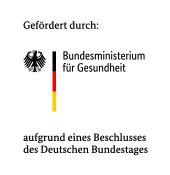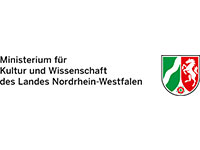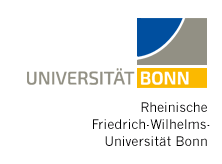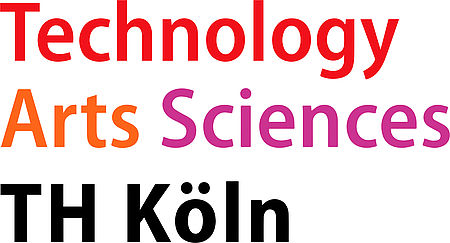Improving FAIRability and reproducibility for research software with machine-actionable Software Management Plans
Turku, Finland
09:00
Leyla Jael Castro
This tutorial focuses on best practices for research software (RS) leveraged by Software Management Plans (SMPs) and facilitated by tools implementing machine-actionable SMP (maSMP) metadata. SMPs comprise questions to help researchers oversee the software development lifecycle and follow a minimum of best practices (e.g., license, releases, citation). maSMPs complement SMPs by mapping questions and software to structured metadata. This tutorial will use the SMP created by the Software Best Practices ELIXIR group, the maSMPs based on schema.org and developed by ZB MED / NFDI4DataScience, the Software Management Wizard prepared in collaboration with ELIXIR-CZ, and the software metadata extraction tool supported by OpenEBench. Other SMP platforms and software extraction tools will also be considered (e.g.,Research Data Management Organiser RDMO, Software Metadata Extraction Framework SOMEF). With a mix of talks and hands-on, we will show how RS can benefit and get better from an SMP-based metadata enrichment cycle. This tutorial is suitable for researchers who write code and want to learn more about RS best practices, metadata and FAIRness. We expect participants to have some knowledge on GitHub and JSON. Learning outcomes include: practical understanding of FAIR principles for research software, creation of SMPs and usage of maSMPs for own GitHub repos. The overall goal is providing tools for researchers to make better software. Although this tutorial fits to any of the six ECCB conference themes (Genomes, Proteins, Systems biology, Single-cell omics, Microbiome, Digital Health), we will likely showcase the metadata enrichment cycle with some microbiome related software.












